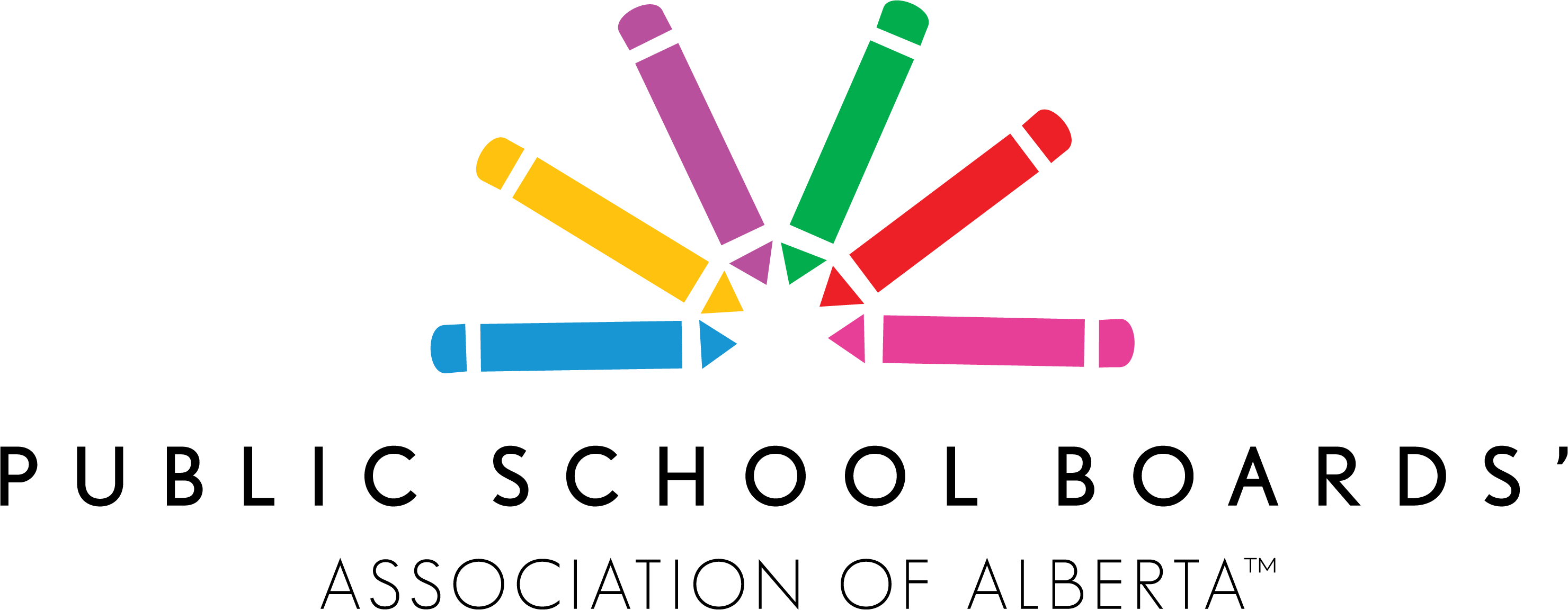April 17, 2023
Mental Health and Public School Education
As we are all very aware, mental health issues are on the rise across Alberta and it is the mental health of our students, faculty and staff that is at the forefront of my mind.
The last decade in Alberta has added to the complexity of the mental health struggles Albertans were already experiencing. We frequently discuss how the pandemic has affected the Education system, but Alberta has also dealt with some additional major natural disasters such as the Calgary floods in 2013 and the Fort McMurray fires in 2016 that have affected mental health. When we look at these three major events alone, we see the disruption to student learning and the increased stress on staff has only amplified shortcomings in the system regarding mental health.
According to the Mental Health Commission of Canada, 20% of people in Canada now live with mental illness each year. This number is quite drastic and is on the rise.
As Public Schools serve most of the Alberta population, we are uniquely positioned within each community to recognize and identify the mental health issues of students. But for us to identify and connect students to the necessary support, we require open collaboration and the appropriate government funding for mental health support. We need to ensure there are enough professionals trained in the mental health field who are easily accessible to our students and staff. For example, in rural areas, it is hard to attract and attain mental health professionals who are readily available in small towns and these towns must often share services with nearby neighbouring areas.
Our Public School teachers and staff find themselves serving larger classroom sizes without the appropriate support staff. When our teachers are under such pressure it not only affects their mental health, but it is hard for them to identify and support our students in overcoming their mental health issues and achieving positive learning outcomes. In fact, there is a direct correlation between mental health and learning outcomes and so it is imperative that we support our teachers and staff so they can appropriately teach and support students to lead them to become the professionals of the future we need for a thriving economy.
So, what are some things we can do in our day-to-day lives to help reduce the pressures of life? Well-appropriate funding and cross-ministry supports is definitely something we are working towards collaborating with the government on, and to be fair the Alberta 2023 Budget has provided funding for support staff, classroom complexity and student well-being, but there are still shortfalls to what is becoming a compounding problem and more must be done to stop the incline of mental health illness.
In the meantime, here are a few tips you can incorporate into your daily lives to focus on maintaining positive mental health. Prioritizing high-quality sleep, try cutting out that late afternoon coffee or turning off the TV a bit earlier. Focus on quality hydration and nutrition, switch out that can of pop and juicy burger for a glass of water and a turkey BLT. Incorporate movement into your daily routine such as walking, stretching or an exercise class. Spend time outside in nature, this is a simple and yet powerful way to reset. Practice meditation, mindfulness and breathing, the power of slowing down and breathing is proven to lower stress levels. Ask for help when you need it, if you see a student or staff member struggling reach out to them, talk to a friend, colleague or professional who can provide staff and students with specific coping mechanisms.
These are all great tools that can be incorporated into your personal lives as well as the classroom. So, take a break when you need to and if you are struggling make some positive changes in your life starting today. Mental health awareness and coping techniques is something we should all spend a little bit more time focusing on as the impending stress of work, life and budget constraints rise.
